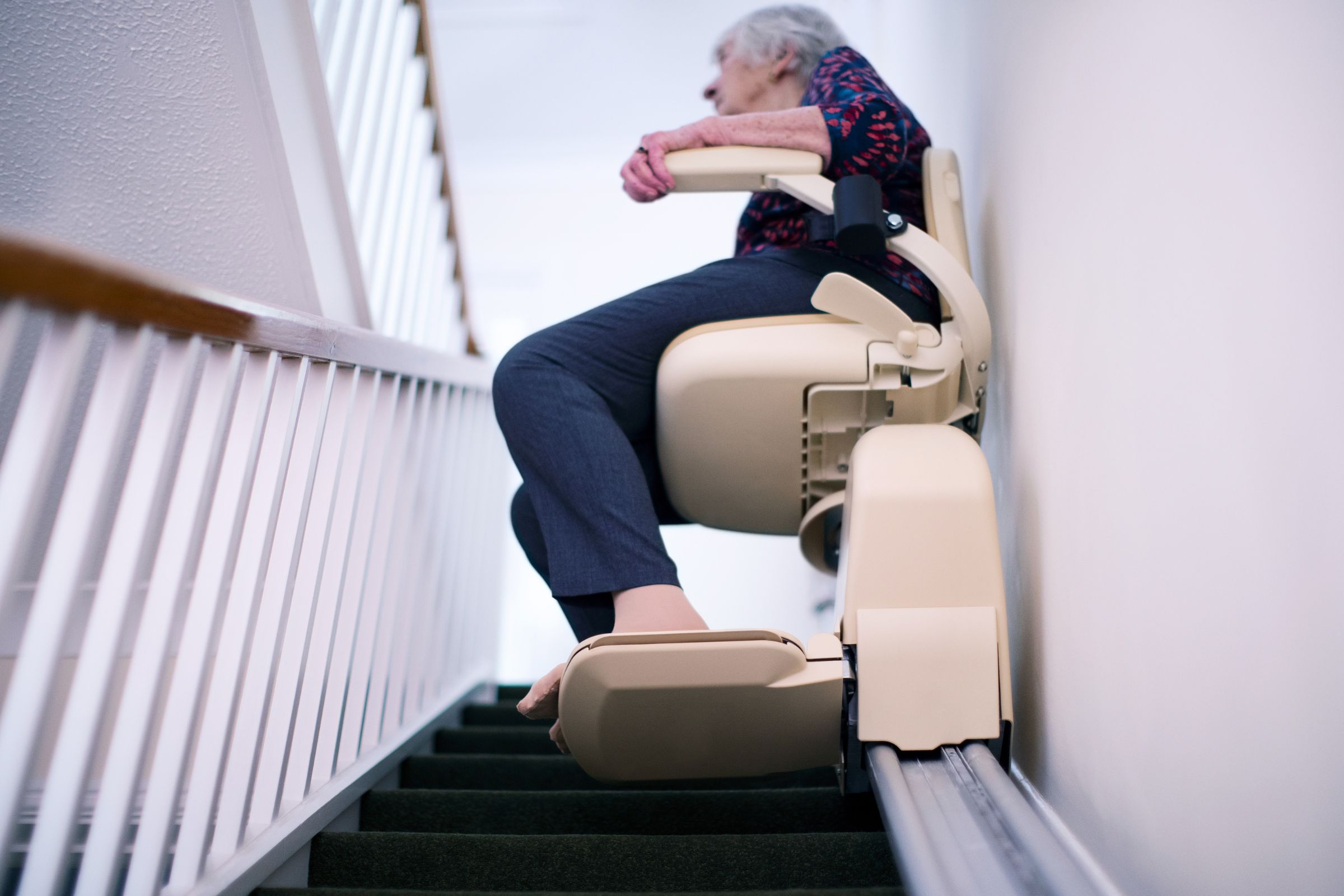Living with limited mobility can turn everyday tasks—like stepping into your home or moving between rooms—into daunting challenges. Whether you’re returning home to Hillsborough, or considering updates in Absecon, NJ, small barriers can spark frustration and limit independence. If you’re seeking ways to reclaim freedom and safety at home, you’ve come to the right place. In this post, we’ll explore practical mobility solutions—focusing on wheelchair lifts, ramps, and maintenance tips—that help you live more comfortably and confidently.
Why Mobility Matters
When stairs, thresholds, or uneven surfaces block your path, accessibility solutions can make all the difference. Not only do these devices improve your day-to-day comfort, but they also:
- Boost Confidence: Knowing you can move safely on your own supports your emotional well-being.
- Protect Health: Avoid risky transfers and potential falls.
- Encourage Independence: Reduce reliance on caregivers or family members.
Key Accessibility Solutions
Wheelchair Lifts & Home Wheelchair Lifts
Wheelchair lifts offer a smooth and reliable way to move between different levels of a home. These lifts can be easily installed next to staircases or in tight spaces where ramps might not be practical. Choosing to install a wheelchair lift in your home allows for easy access to basements, porches, and upper floors without needing assistance.
Ramps & Portable Ramps
A ramp can be the simplest solution, depending on your home’s architecture. From gently sloped permanent ramps to lightweight portable ramps, you can tailor the height and length to your doorway or deck.
Residential Stairlifts
A stairlift may be ideal for those who don’t use a wheelchair but still struggle with stairs. It moves you effortlessly up and down staircases and offers a seat and safety belt for extra security.
Choosing the Right Equipment
With so many options, how do you decide? Consider these factors:
- Space Constraints: Measure your stairway width and ceiling height.
- Weight Capacity: Ensure the lift or ramp supports your wheelchair plus the user’s weight.
- Control Type: Look for easy, intuitive controls—joystick, button, or remote.
- Warranty & Service: Choose a provider offering comprehensive support and an explicit warranty.
In New Jersey, reputable suppliers often provide free in-home evaluations. This ensures they recommend the perfect solution for your unique needs.
Maintenance for Peace of Mind
A residential wheelchair lift is an investment in daily independence. To keep it running smoothly:
- Schedule annual inspections with a certified technician.
- Wipe down rails and platforms to remove dust and debris.
- Follow the manufacturer’s recommended lubrication schedule.
Proper residential wheelchair lift maintenance extends equipment life and safeguards your well-being.
Choosing the proper mobility solutions transforms your home into a place of freedom and safety. Mobility123, based in Hillsborough, specializes in wheelchair lifts, ramps, and stairlifts designed to fit any home. From Absecon, to the rest of New Jersey, we’re dedicated to empowering individuals with mobility challenges through customized installations and ongoing maintenance plans.
Ready to regain your independence? Visit Mobility123 or call us today to schedule your free consultation and learn how we can make your home accessible for years.
FAQs
A residential wheelchair lift is a motorized platform that safely moves individuals in wheelchairs between floors, providing reliable and convenient home accessibility without significant renovations.
Home wheelchair lifts are designed to fit in compact spaces. Most models need only a small area, making them perfect for houses with limited room or unique layouts.
Regular residential wheelchair lift maintenance is recommended every six months. Scheduled servicing keeps your lift operating smoothly, increases safety, and helps prevent costly repairs or unexpected breakdowns in your home.


